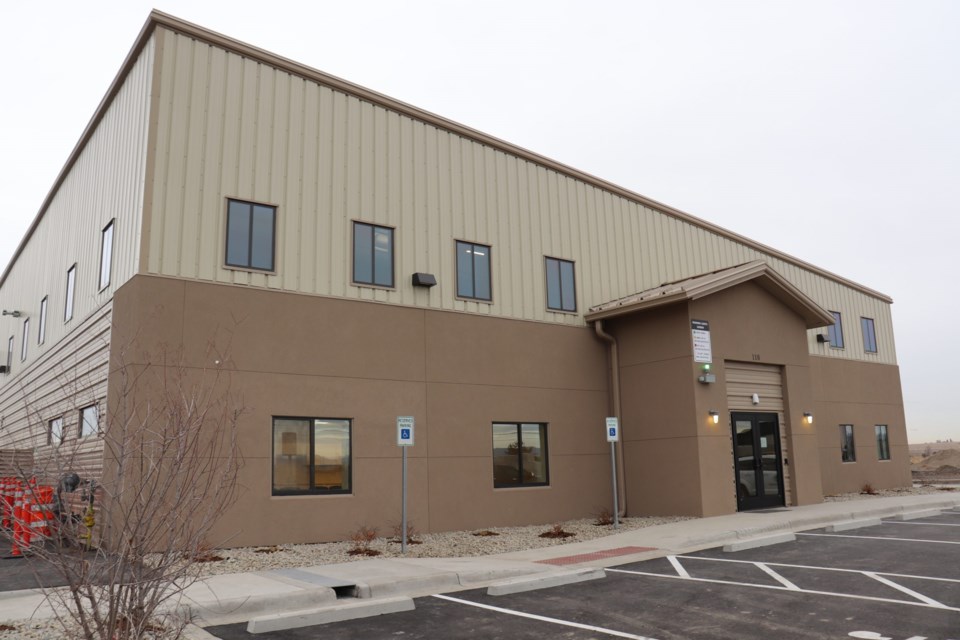This content was originally published by the Longmont Observer and is licensed under a Creative Commons license.
Listening for when the trash, recycling or composting truck rumbles down your street might become a thing of the past now that new, quieter collection vehicles powered by a sustainable fuel source have made their way to Longmont streets.
As part of an innovative project prioritized in the City’s 2018 greenhouse gas inventory, Longmont has become the first city along the Front Range to implement a renewable vehicle fuel project.
Through the project, biogas produced at the City’s Wastewater Treatment Plant (WWTP) is transformed into renewable natural gas (RNG) that powers a fleet of collection trucks.

With 11 RNG-powered trucks currently on the road, the City is offsetting over 100,000 gallons of diesel fuel annually. This reduces greenhouse gas emissions by about 1,000 metric tons of carbon dioxide equivalents per year — the equivalent of removing 200 cars from the road. Once the site reaches full capacity, those reductions will be even greater. The City plans to convert the rest of the collection fleet as the 10 remaining diesel trucks come up for replacement. There’s a possibility of expanding RNG-powered fleet services to other divisions and departments down the road, too.
Residents can breathe easier knowing the new fleet will significantly reduce nitric oxide and nitrogen dioxide tailpipe emissions – leading contributors in ground level ozone.
The fueling process is simpler for collection truck drivers, as well. Drivers simply connect their trucks to one of 16 fueling posts at the end of their shift to begin the overnight fueling process. In the morning, the trucks are fully fueled and ready to go.
The City contracted with Carollo Engineers, a national design firm with local offices in Broomfield and Littleton, to design and construct the biogas treatment system. CGRS, a Fort Collins-based environmental services and construction company, served as project manager and construction contractor for the entire project, in addition to designing the new fueling station.
The trucks are housed in a new, 22,680-square-foot Waste Services building, which is located on Martin Street near the WWTP. The two facilities work together to make sustainable fuel from gas produced in the treatment of Longmont’s sewage.


